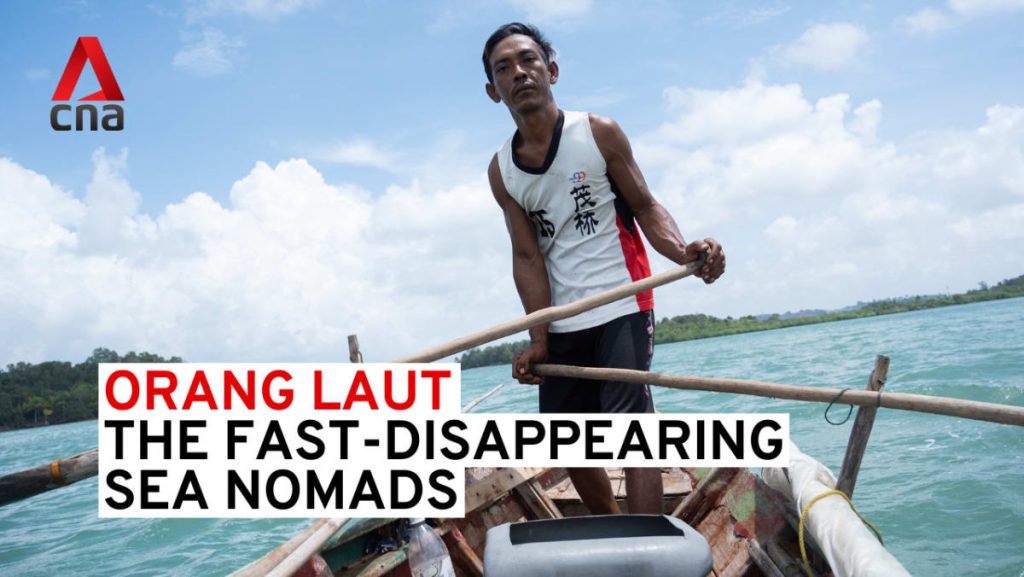The Orang Laut, or sea nomads, have been living in the waters around Indonesia’s Batam island for centuries. Traditionally, they lived a semi-nomadic lifestyle, relying on fishing and gathering resources from the sea to sustain themselves. However, climate change and modernization have brought about significant challenges for this community, threatening their way of life.
One of the primary concerns facing the Orang Laut is the impact of climate change on the marine environment. Rising sea levels, warming oceans, and extreme weather events have all had a detrimental effect on the marine ecosystems that the sea nomads rely on for their livelihood. Fish stocks have declined, corals have been damaged, and traditional fishing grounds have become more unpredictable, making it increasingly difficult for the Orang Laut to sustain themselves.
In addition to the challenges posed by climate change, the modernization of the fishing industry has also had a significant impact on the Orang Laut community. Large-scale commercial fishing operations have encroached on traditional fishing grounds, leading to increased competition for resources and diminishing the Orang Laut’s ability to support themselves through fishing. The introduction of modern fishing techniques and technologies has also made it harder for the sea nomads to compete in the changing market.
As a result of these challenges, many Orang Laut sea nomads have been forced to adapt to a more settled way of life on land. Some have found work in the tourism industry or other sectors, while others have been forced to rely on government assistance to survive. This shift from a nomadic sea-based lifestyle to a more sedentary existence has had profound implications for the cultural identity and traditions of the Orang Laut community.
Despite the challenges they face, the Orang Laut are resilient and resourceful people who have shown a remarkable ability to adapt to changing circumstances. Many are working to find innovative solutions to the problems they face, such as establishing marine protected areas or sustainable fishing practices. They are also advocating for their rights and raising awareness about the issues affecting their community, in the hope of securing a better future for themselves and future generations.
However, the future remains uncertain for the Orang Laut sea nomads. The challenges posed by climate change and modernization are likely to persist, and it is unclear how the community will continue to survive in the face of these threats. As they navigate these difficult times, the Orang Laut will need support from the government, NGOs, and other partners to help them preserve their way of life and ensure a sustainable future for themselves and their descendants. Only time will tell what lies ahead for this unique and resilient community.















